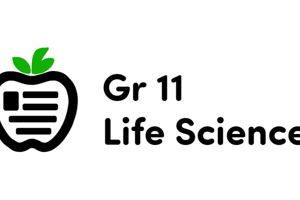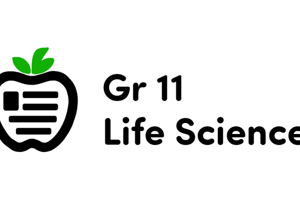Podcast
Questions and Answers
Which process would most likely help Ming identify the unknowns?
Which process would most likely help Ming identify the unknowns?
Test for an odor.
Which interaction produces dispersive forces by creating temporary dipoles that induce dipoles in other molecules?
Which interaction produces dispersive forces by creating temporary dipoles that induce dipoles in other molecules?
- Dipole-induced dipole
- Permanent dipole-permanent dipole
- Hydrogen bonding
- Induced dipole-induced dipole (correct)
In comparison to molecules that interact by London dispersion forces only, the melting point of similar-sized molecules forming hydrogen bonds would most likely be?
In comparison to molecules that interact by London dispersion forces only, the melting point of similar-sized molecules forming hydrogen bonds would most likely be?
- Dependent on pressure
- Higher (correct)
- Lower
- Similar
Van der Waals forces can best be described as the attractive or repulsive forces that are formed by?
Van der Waals forces can best be described as the attractive or repulsive forces that are formed by?
ICl has a higher boiling point than Br2. What is the best explanation for this?
ICl has a higher boiling point than Br2. What is the best explanation for this?
In the given figure, two nonpolar molecules are interacting. Which interaction would most likely cause these molecules to repel each other?
In the given figure, two nonpolar molecules are interacting. Which interaction would most likely cause these molecules to repel each other?
Which of the following most likely requires intermolecular forces?
Which of the following most likely requires intermolecular forces?
In a molecule where areas have a partial negative charge are pink and areas with a partial positive charge are blue, what will most likely happen when these molecules get closer?
In a molecule where areas have a partial negative charge are pink and areas with a partial positive charge are blue, what will most likely happen when these molecules get closer?
Which forces can be classified as intramolecular?
Which forces can be classified as intramolecular?
When a polar molecule causes a charge redistribution in a nonpolar molecule, what are the molecules of the mixture most likely experiencing?
When a polar molecule causes a charge redistribution in a nonpolar molecule, what are the molecules of the mixture most likely experiencing?
Hydrogen bonding is necessary for?
Hydrogen bonding is necessary for?
Are hydrogen bonds formed between all molecules?
Are hydrogen bonds formed between all molecules?
Which statement about van der Waals forces is true?
Which statement about van der Waals forces is true?
Which forces involve nonpolar molecules?
Which forces involve nonpolar molecules?
Flashcards are hidden until you start studying
Study Notes
Intermolecular Forces Overview
- Testing for odor can differentiate between polar (higher boiling point) and nonpolar substances (stronger odor due to London dispersion forces).
- Dispersive forces arise from induced dipole-induced dipole interactions, creating temporary dipoles that affect nearby molecules.
Melting and Boiling Points
- Molecules with hydrogen bonding generally have higher melting points compared to those only interacting through London dispersion forces.
- ICl has a higher boiling point than Br2 due to dipole-dipole interactions present in ICl.
Van der Waals Forces
- Van der Waals forces, including attractive or repulsive interactions, result from temporary electron redistributions.
- Induced dipole-induced dipole interactions between nonpolar molecules can lead to repulsion.
Molecular Interactions and Effects
- Intermolecular forces are essential for phenomena such as a spider walking on a leaf.
- When nonpolar and polar molecules approach, the nonpolar molecule can develop an induced dipole due to the polar molecule's influence.
Intramolecular vs Intermolecular Forces
- Intramolecular forces include covalent bonds, which are stronger than intermolecular forces like hydrogen bonds.
- Hydrogen bonds specifically occur between hydrogen and highly electronegative elements like oxygen, nitrogen, or fluorine.
Important Interactions
- Dipole-induced dipole interactions occur when a polar molecule influences the charge distribution in a nonpolar molecule.
- Substances with weaker van der Waals forces typically exhibit higher volatility.
Forces in Nonpolar Molecules
- Nonpolar molecules interact through London dispersion forces and dipole-induced dipole forces, which are dependent on temporary dipoles.
Studying That Suits You
Use AI to generate personalized quizzes and flashcards to suit your learning preferences.




